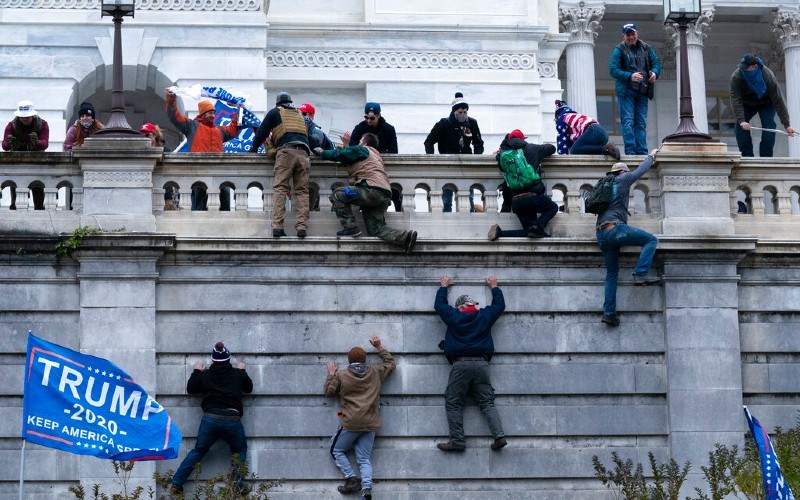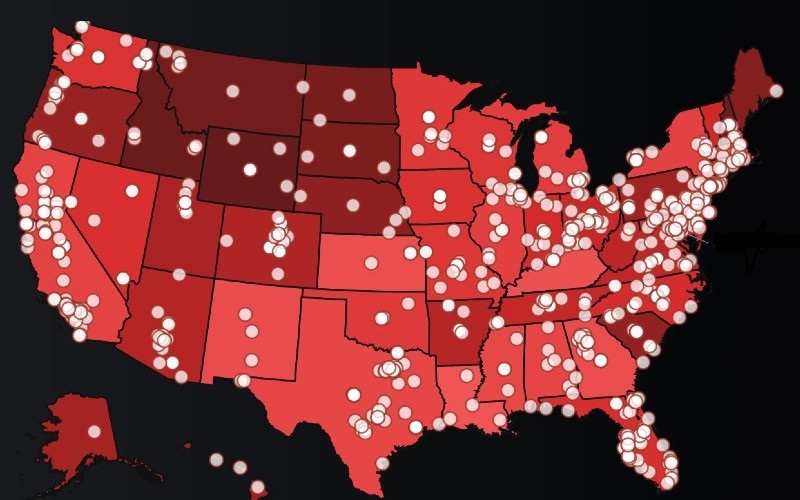After losing a court ruling in April, attorneys for January 6 defendant Jake Lang are appealing to the U.S. Supreme Court after a split decision in the D.C. Court of Appeals. In that ruling, two of three judges reversed a federal judge, Carl Nichols, who had dismissed a felony obstruction charge in three separate Jan. 6 cases.
The appeal is being watched closely because more than 300 defendants – many of them described as “insurrectionists” by critics – have been charged with obstruction because the Senate was certifying state electors when rioters swarmed the U.S. Capitol.
Tom Zawistowski, who leads the Ohio-based We the People Convention, has followed the prosecution of Jan. 6 defendants and is now following Lang’s legal defense over the allegation he interfered with Congress’s official proceedings.
“The entire basis of the persecution of these January 6th patriots,” he tells AFN, “is on this bogus charge that they obstructed official proceedings."

The federal statute cited by federal prosecutors, he says, is Section 1512, which prohibits tampering with evidence during official proceedings. The law can be traced to the Sarbanes-Oxley Act, which was passed in 2002 amid major scandals by evidence-hiding corporations such as Enron.
“It wasn't about preventing an official proceeding,” he says.
In his ruling, Judge Nichols held the federal law does not apply to conduct that intended to stop Congress from its constitutional duties, which was certifying electors for president.
“We disagree and reverse,” two of the three judges wrote in their ruling three months ago.
“Every January 6th person, who has been convicted, has been convicted on this illegal interpretation of this law,” Zawistowski says. “Hundreds of these cases could be overturned if the Supreme Court rules the way they should – that this had to do with the destruction of documents."







